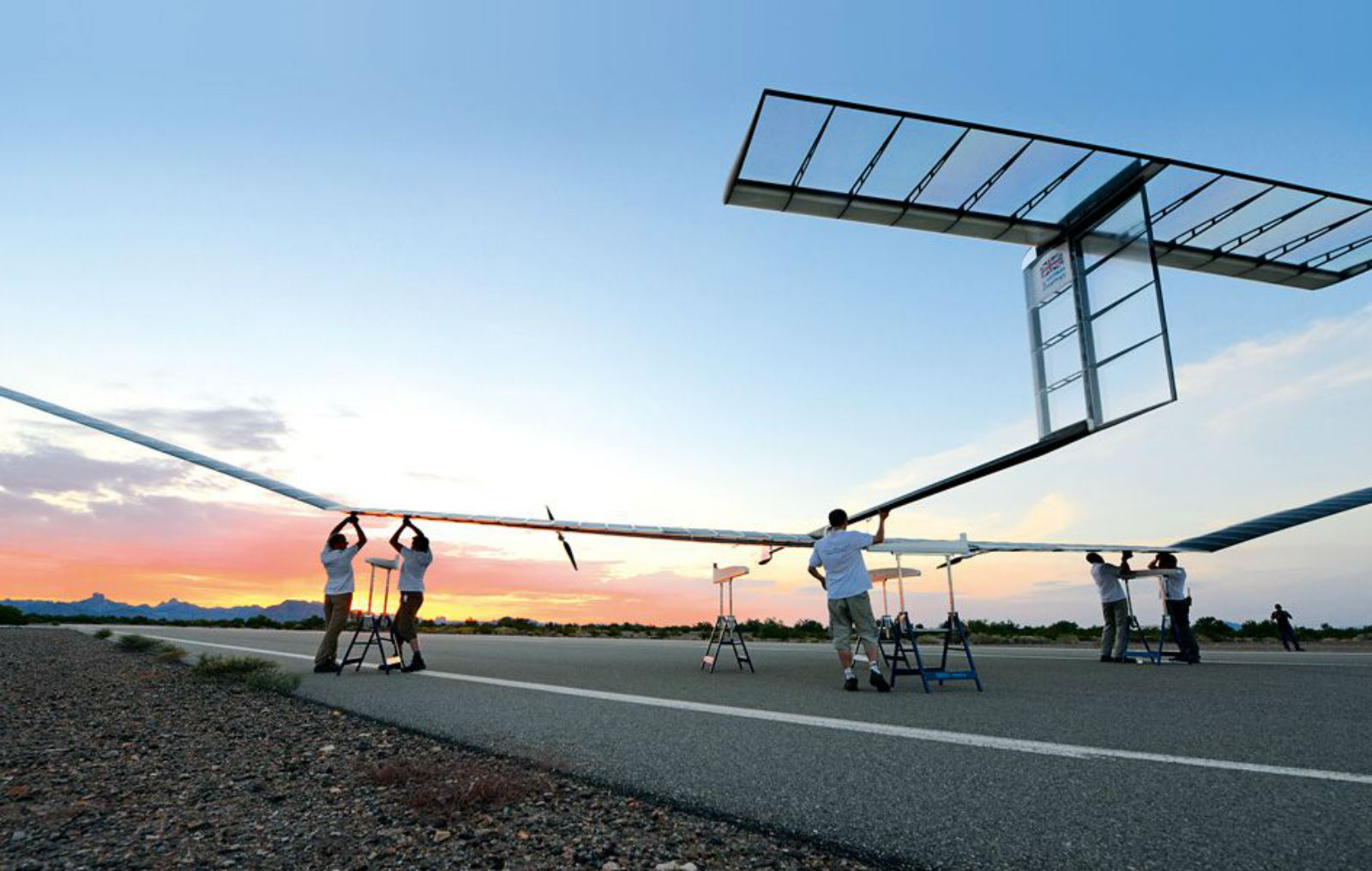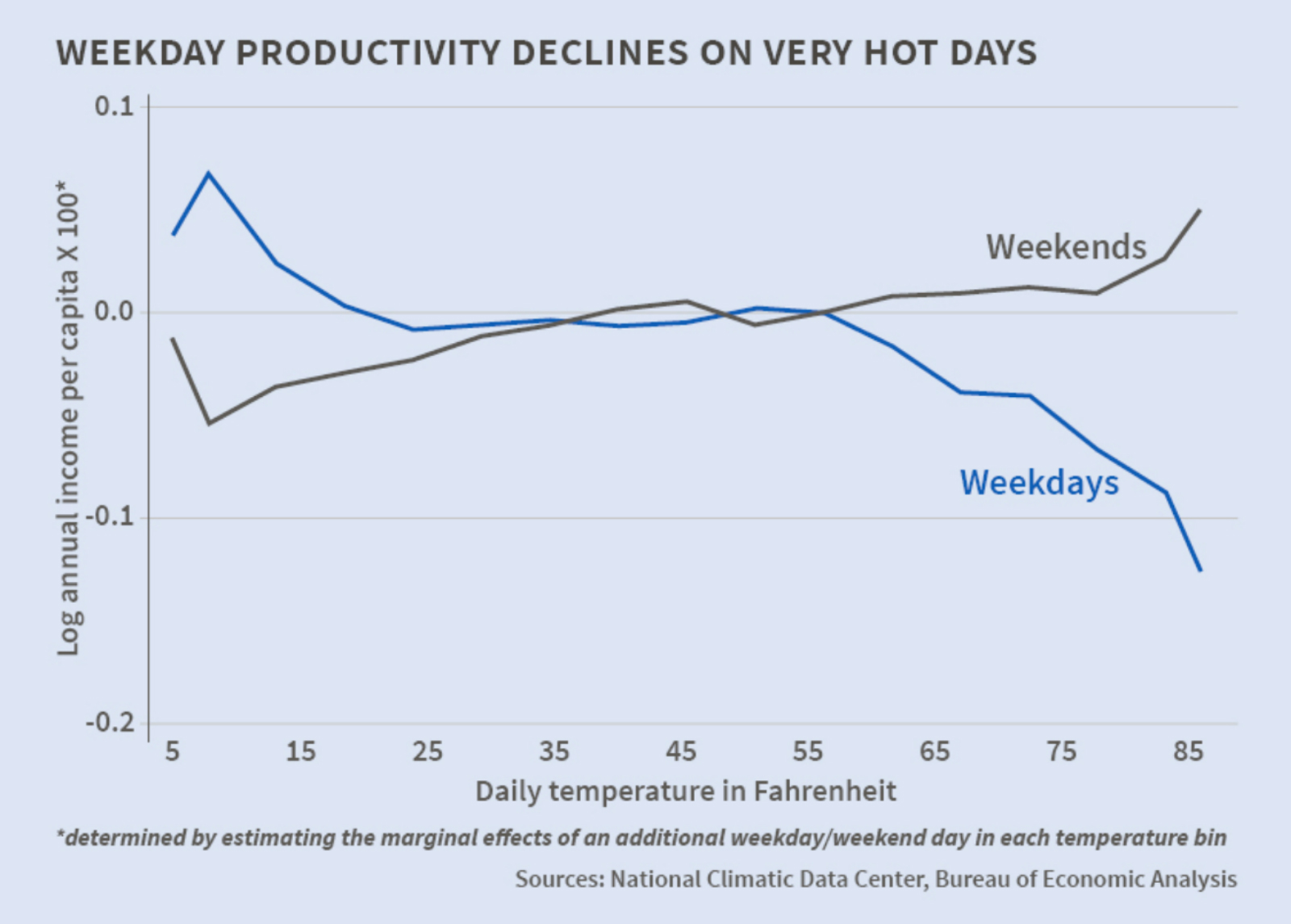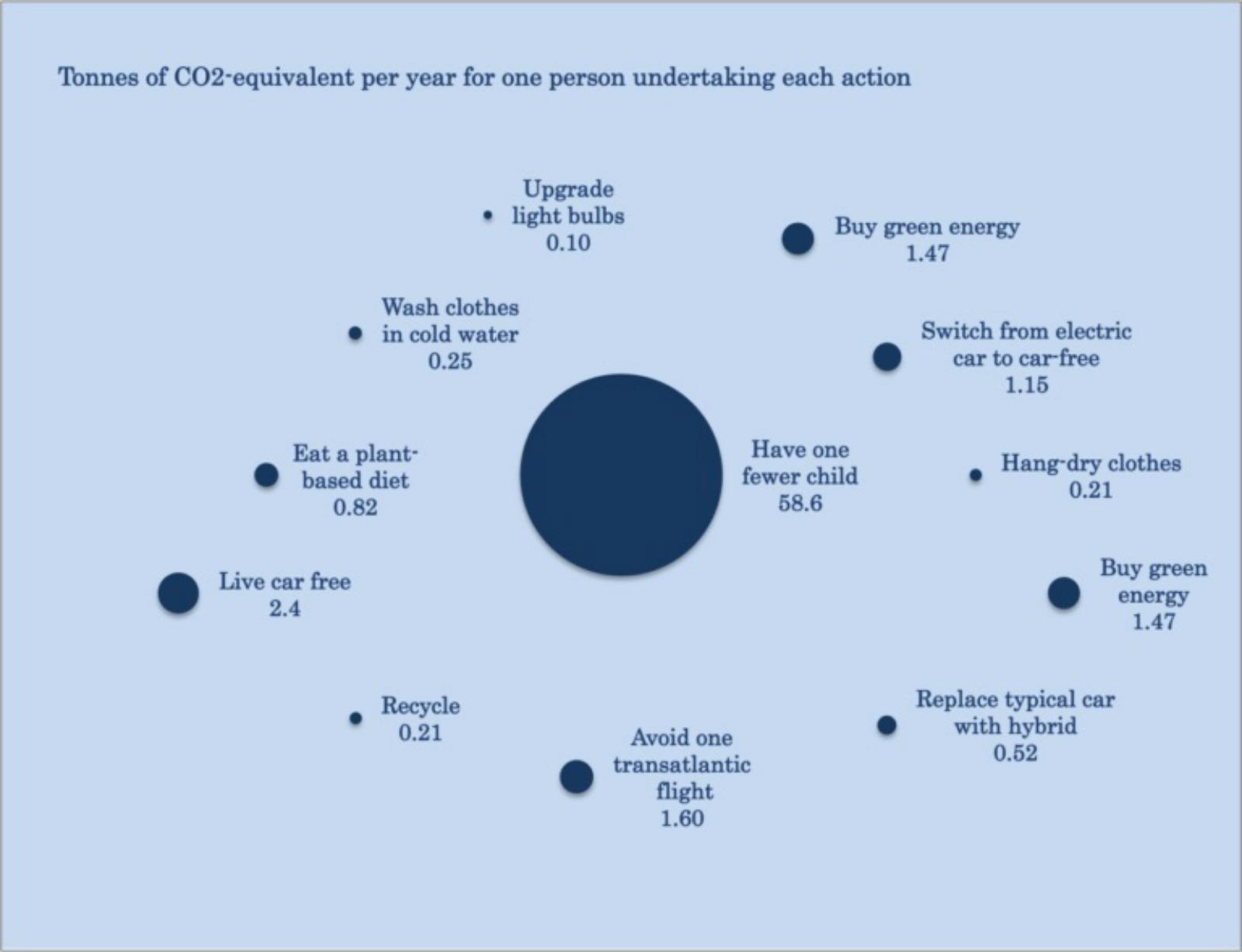Now that we’re done scaring you, what can we do about it?
The whole world should be repurposing its waste like Sweden. Over the last several years, the Scandinavian nation has honed the practice of waste-to-energy (WtE) production. So much so that they have not only run out of trash to use for their national power generation program, but are now actively importing it. “About half — or 47% — of Sweden’s waste is recycled…The remaining 52% of the country’s waste, like excluded scrap metals, circuit boards, and agricultural waste is used for the country’s WtE program, which produces electricity from burning waste. So all that remains is a remarkable 1% of Sweden’s trash that actually ends up in a landfill,” according to Save the World.
But why would anyone import garbage, you ask? From an environmental perspective, buying some of the world’s seemingly infinite supply of waste ensures that more trash is repurposed — meaning that at least some of our +2 bn tonnes of annual refuse will not end up in oceans or rivers, or inside the stomachs of sea creatures and the birds that live off them. From an economic point view, selling garbage is a “win-win situation for most countries.” Not only is it cheaper to ship trash to Sweden than have to pay landfill taxes, but some WtE facilities pay up to USD 43 per tonne of trash. “In 2014 alone, countries like the UK and Italy exported about 2.3 mn tonnes of waste,” which translates to some USD 100 mn in revenues (watch here, runtime: 3:27).
Food for thought: In a country like Egypt the possibilities for waste repurposing are seemingly endless, especially now that the authorities here have finally set a feed-in tariff for WtE projects (EGP 1.03 per kWh). With a population count closing in on 100 mn, we probably produce way more trash than we can handle (as made evident by the mounds of its covering our streets and beaches). Much of this can be recycled, used for energy production, and even exported as a way of driving in some hard currency.









